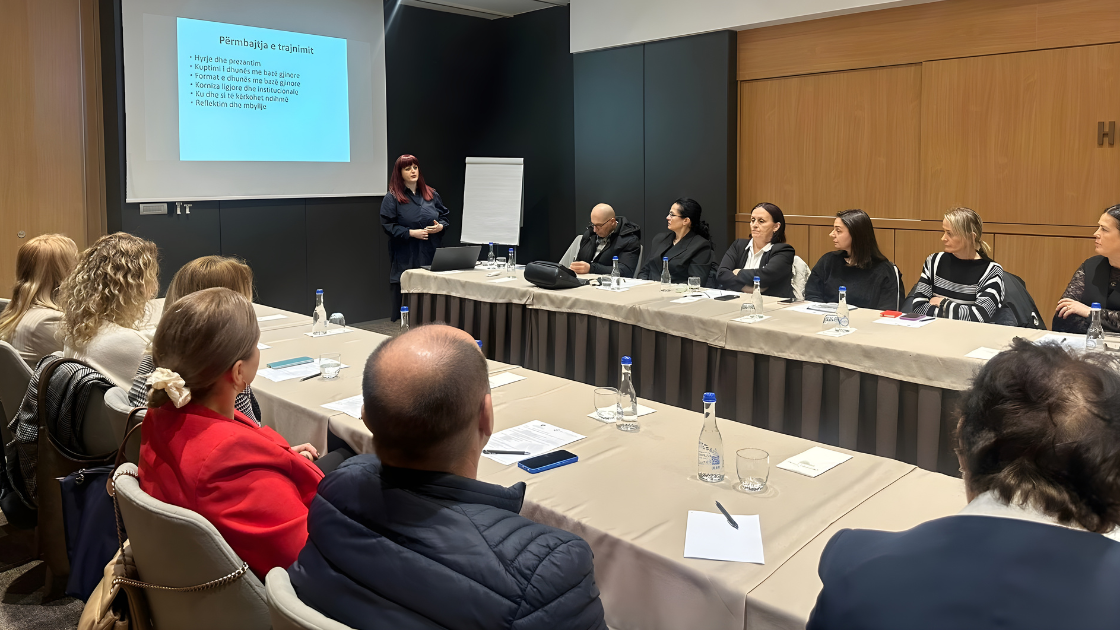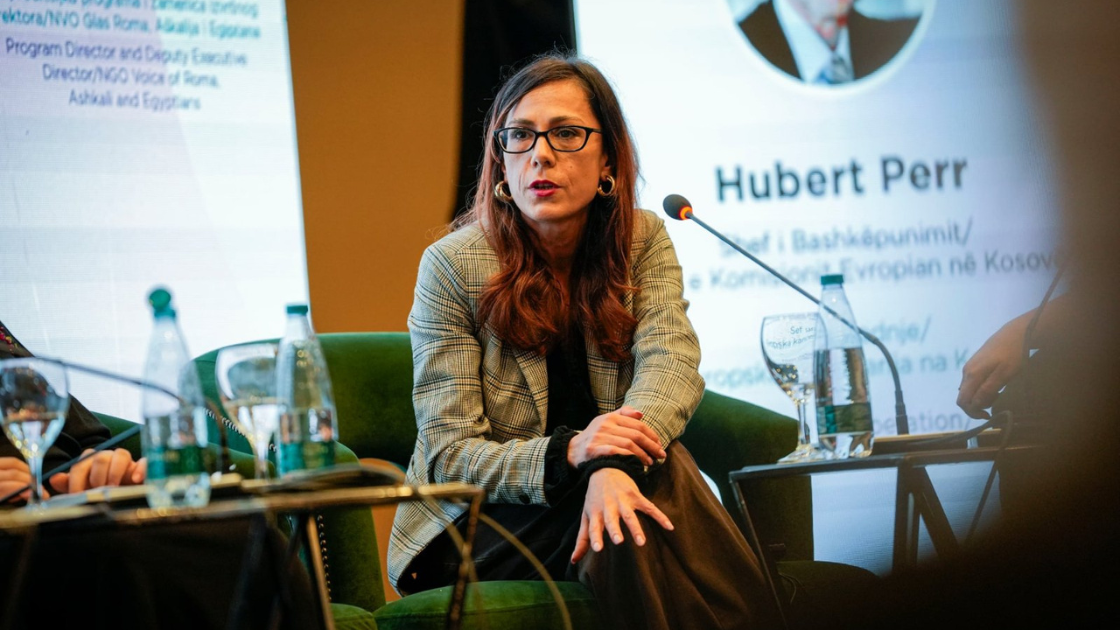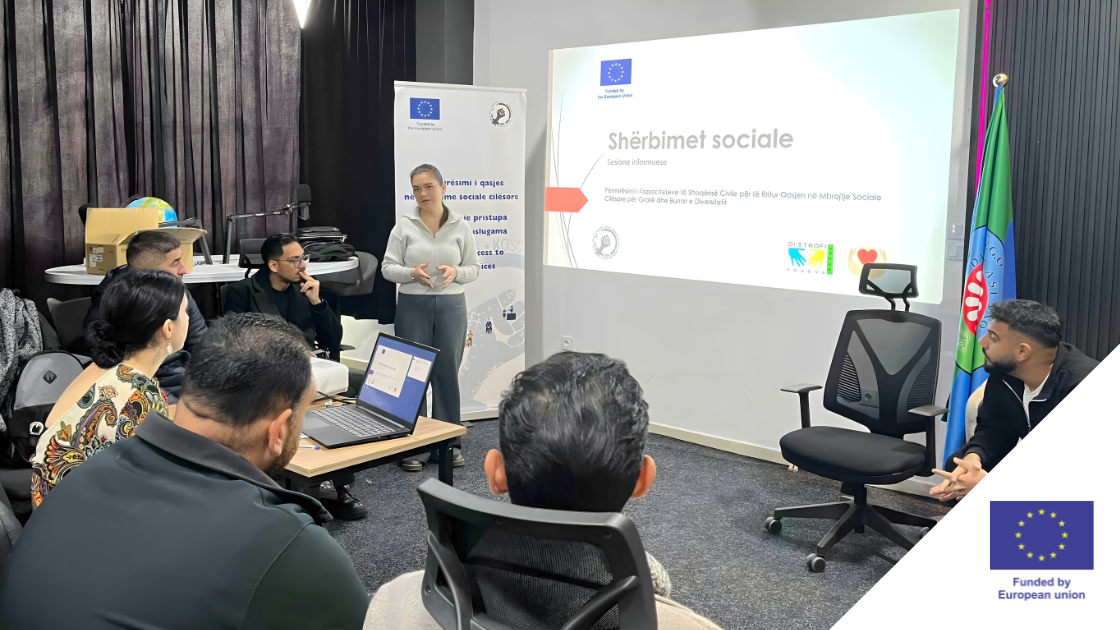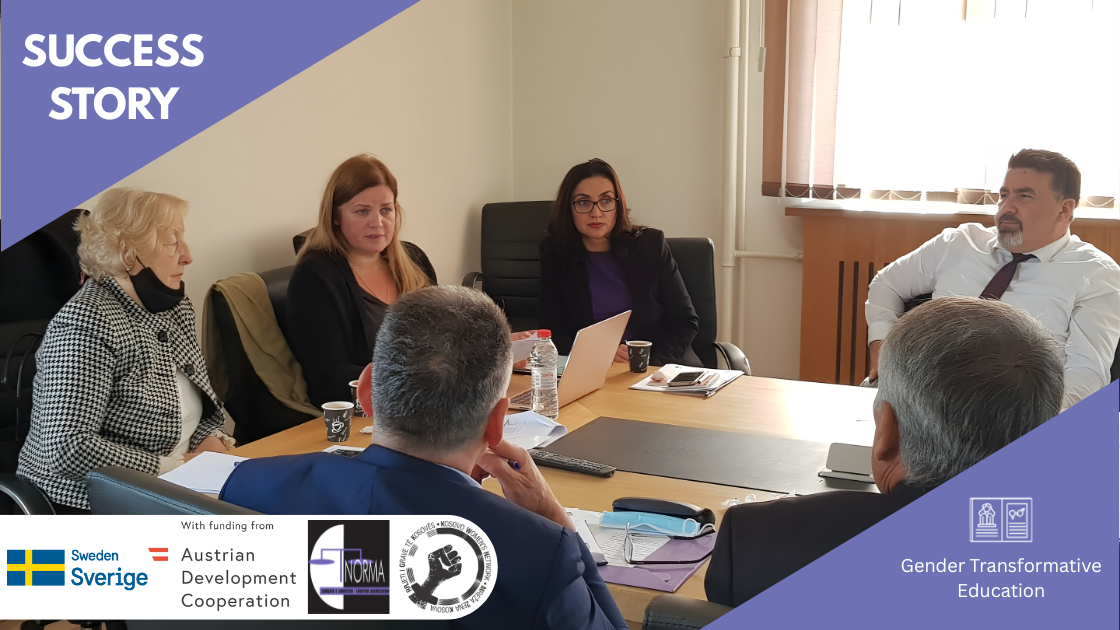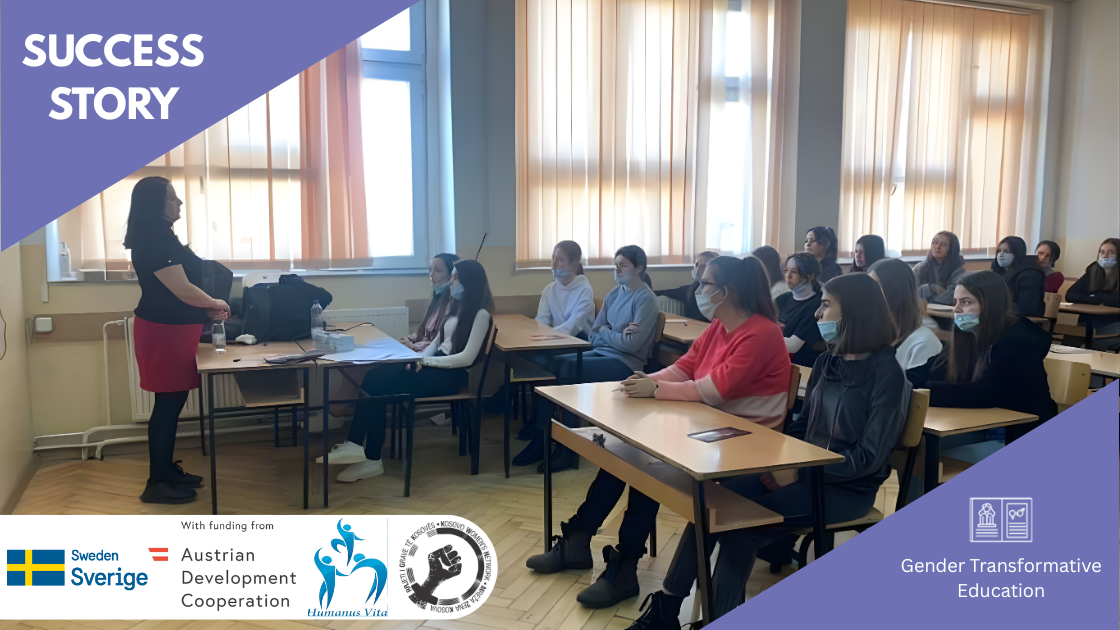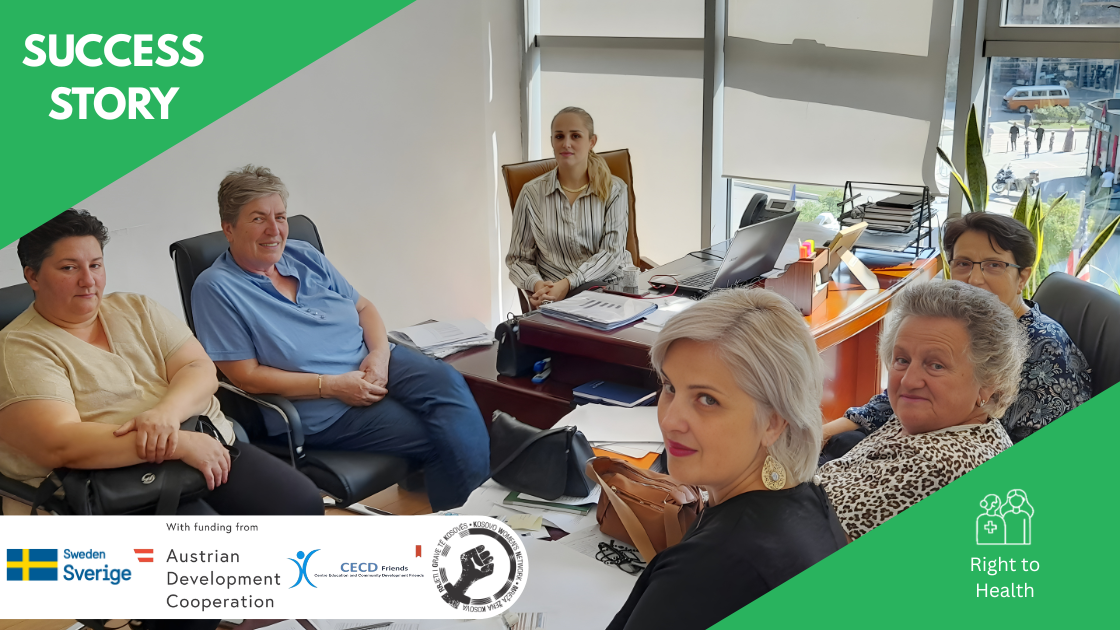The path a student from villages within the municipality of Vushtri needs to cross in order to get to school is a challange in itself. Lack of infrastructure and educational facilities in each village make it almost impossible for all students to attend compulsary primary and secondary education.
Termination of school attendance is also a consequence of the lack of implementation of the law for free transportation for all children in compulsory education who have to travel more than 4 km to attend lessons.
“There are four girls in our village who have successfully completed ninth grade, but cannot attend secondary school since their new school is too far away, and their families have no financial means to provide transportation”, said one representative of the village. Precisely for these reasons, the Women’s Center "ATO" in Vushtrri, a KWN member organization, with a project financed by KWN’s Kosovo Women’s Fund (KWF) has advocated to representatives of the Municipality of Vushtrri for the students of the villages of this municipality to be provided with free transportation.
Apart from meetings with the village leaders, this organization has also organized a roundtable with Assembly representatives of the Municipality of Vushtrria and heads of villages Skrom, Ropic Samadrexhe, Cecelija and Sllakovc, on ”‹”‹September 2014 on the topic “The discussion about enabling free transportation to students who travel more than 4 km to attend compulsory education."
The Director of the Education Department at the Municipality of Vushtrria was also present at the discussion. He said that "municipal representatives are aware of the existence of the law and the obligation they have to enable free transportation, but until now it has been impossible to implement because of cuts in the budget."
Thereafter, he promised free transportation for the students of these villages starting January 2015.
While the representatives of the NGO "ATO" felt more optimistic after this meeting, they added that their work will not stop here. “We will continue to advocate for the fulfillment of this legal obligation by the Municipality of Vushtrria," said y Ferizi, Executive Director of the organization.
This initiative is supported by the sixth round of KWN’s Kosova Women’s Fund (KWF), funded by Austrian Development Agency (ADA) and Kvinna till Kvinna (KtK).

